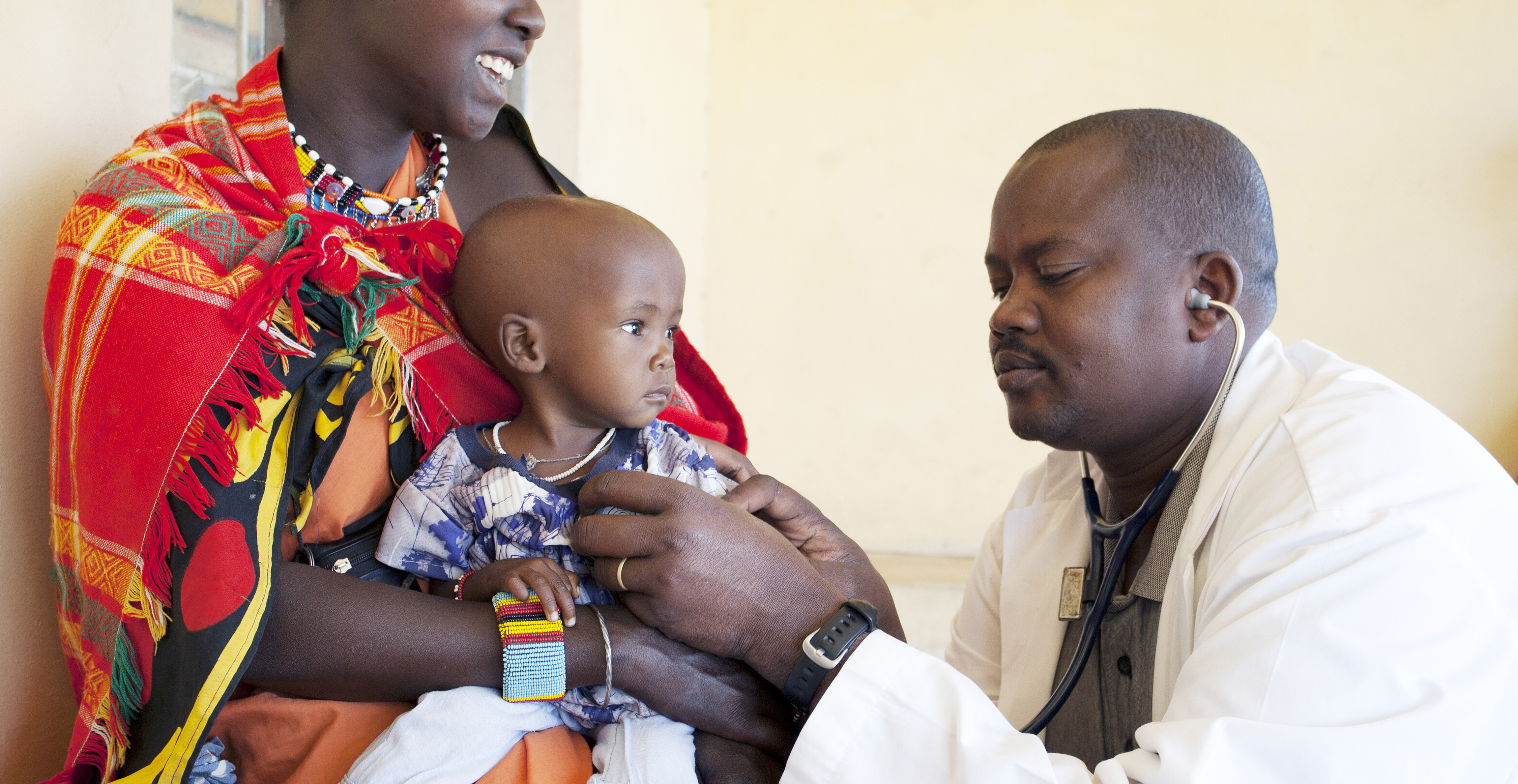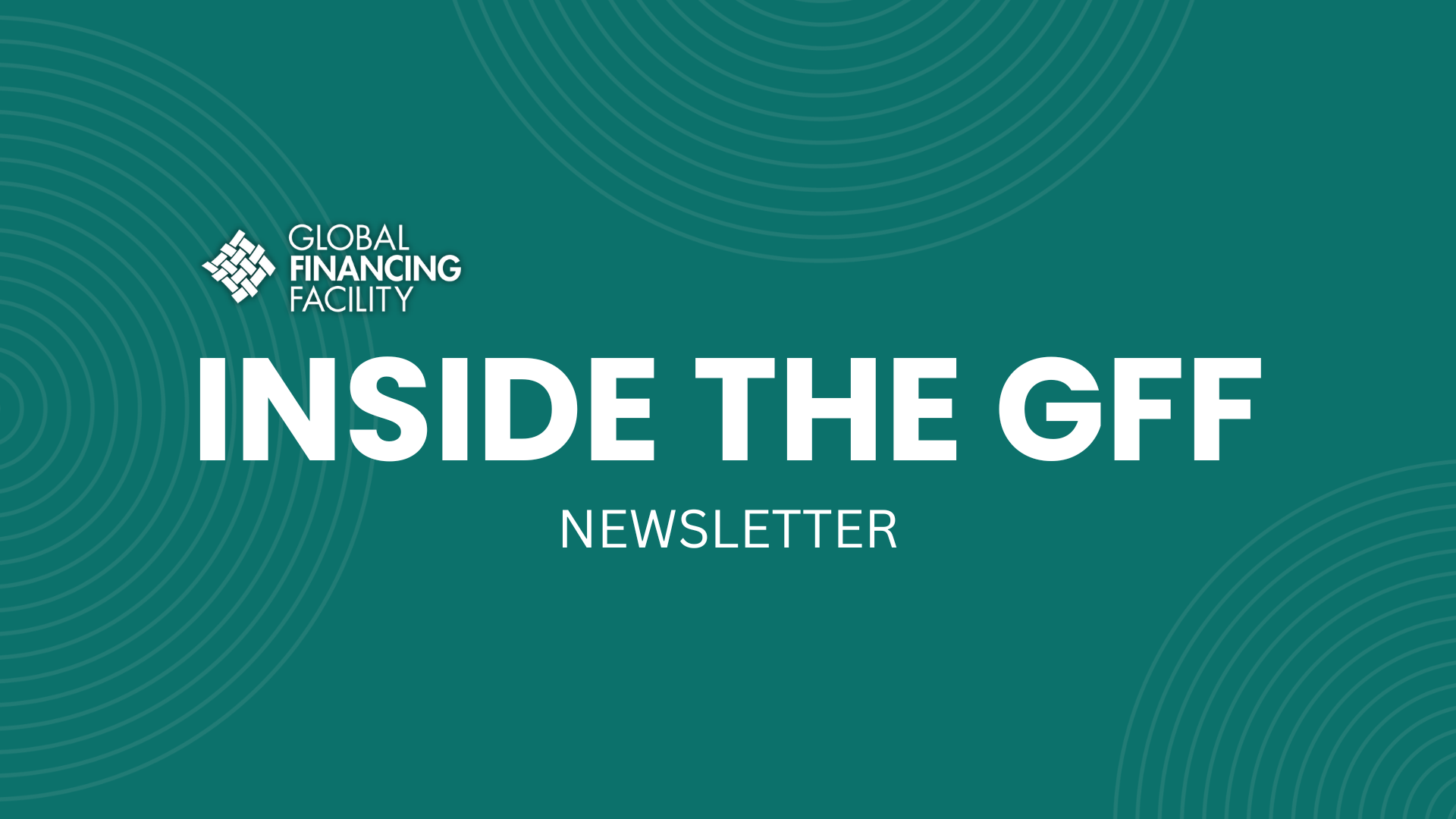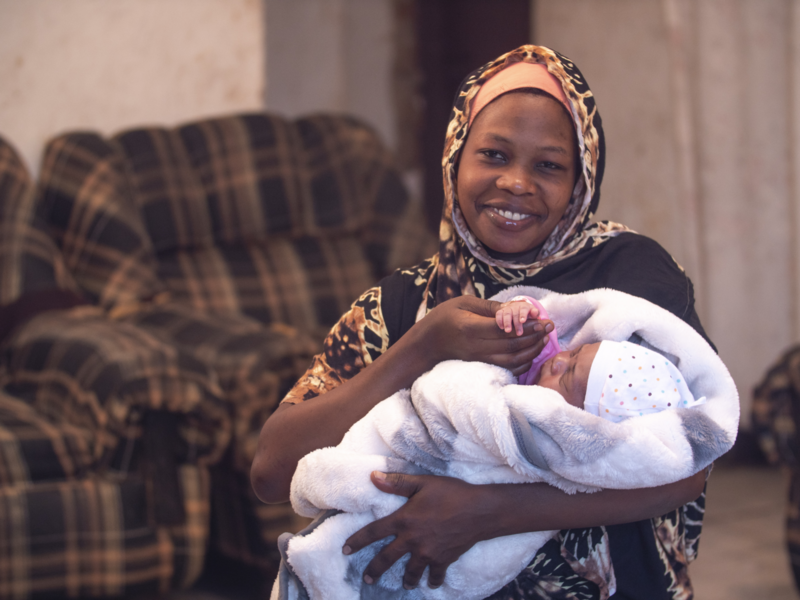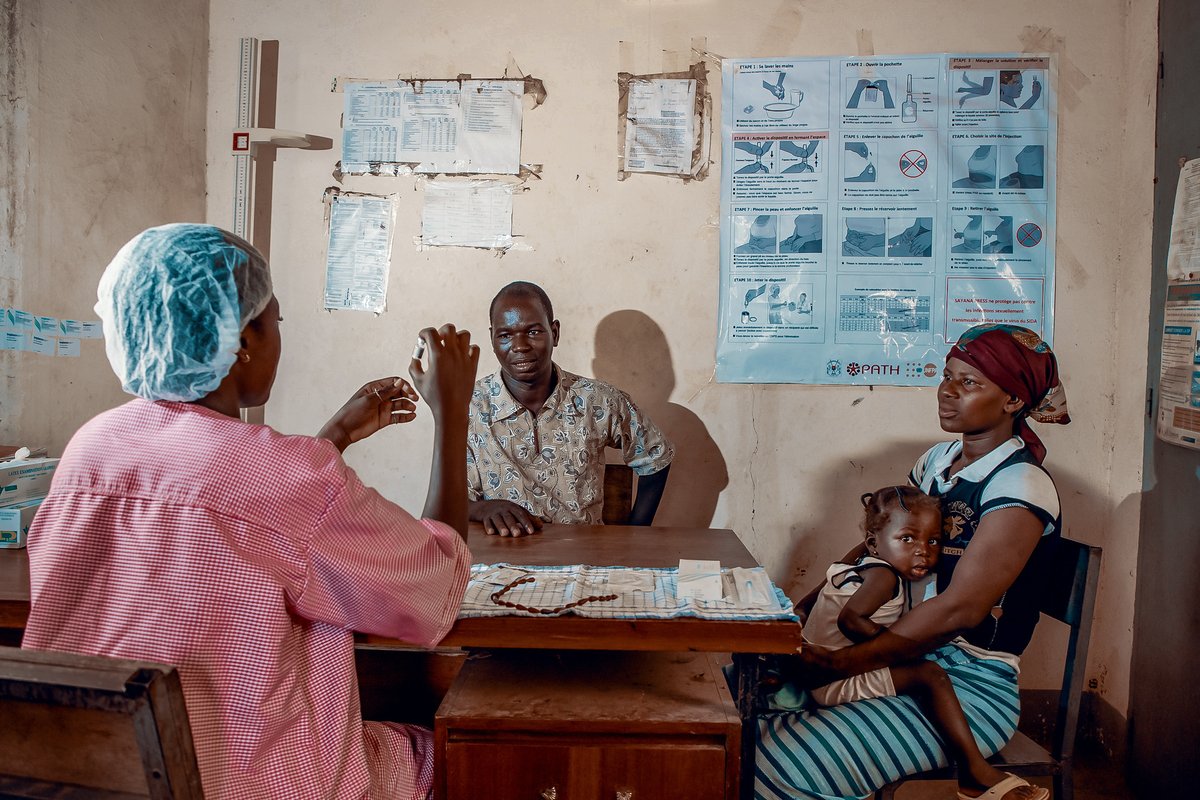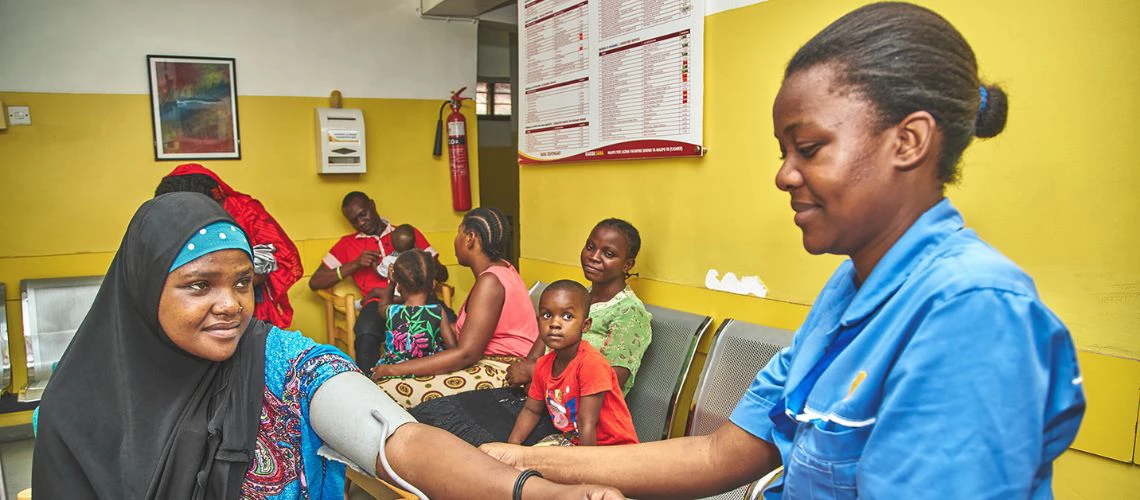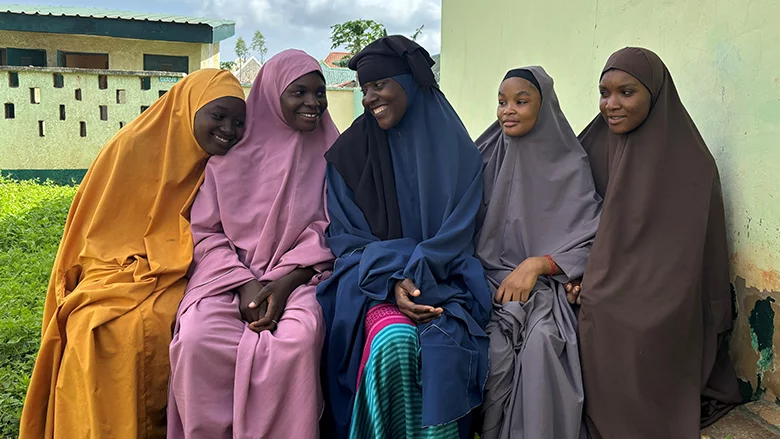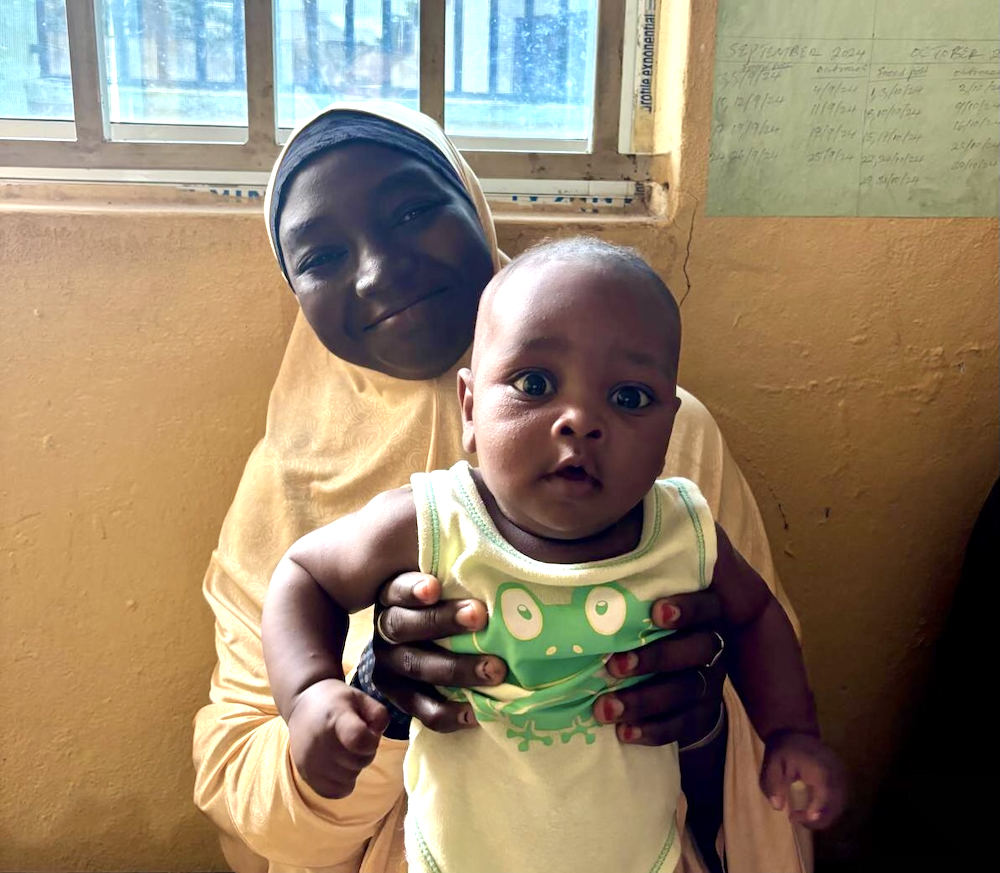Sustainable Health Financing
Well-financed health systems mean better health services for all. When resources reach communities, more women give birth safely and more children access lifesaving vaccinations and nutrition services. Improving how countries finance health is critical for reaching universal health coverage. However, economic downturn from multiple global crises can constrain public and donor spending on health across many low- and middle-income countries.
Supporting a Country-Led Approach
With country-led strategies setting the way for women’s, children’s, and adolescent health, the GFF supports countries to mobilize more resources for health and make spending efficient and equitable. As part of its comprehensive support to health systems, the GFF helps countries identify and implement the health financing reforms needed to support priorities by:
- Leveraging World Bank financing
- Providing analytical tools on how the health sector is financed
- Strengthening public sector governance and financial management
- Increasing advocacy efforts for more and better resources for health
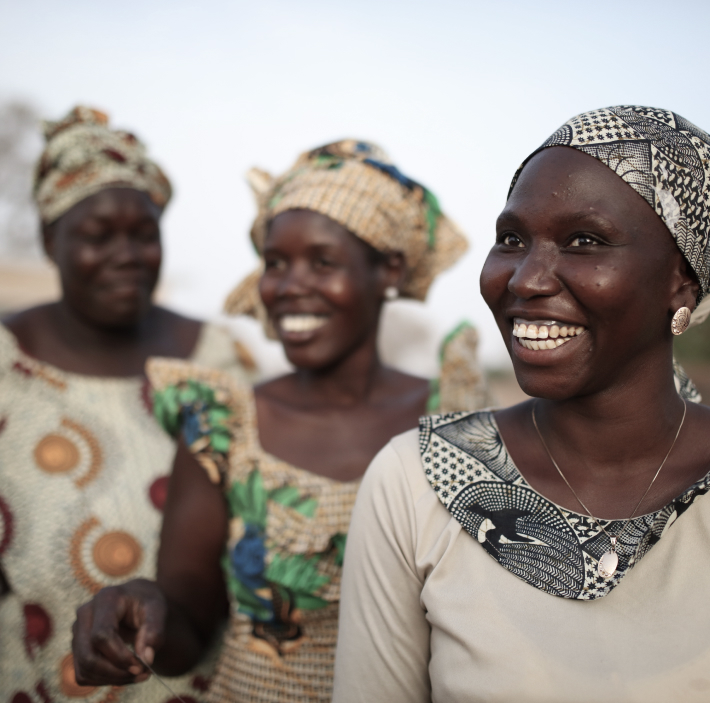
Health Financing Accelerator
As part of the Global Action Plan, the GFF works with partners under the GAP Health Financing Accelerator to promote financing reforms toward universal health coverage.
Learn more about how the GFF supports civil society to advocate for more and equitable resources for health in the Joint Learning Agenda on Health Financing and Universal Health Coverage.
PHC Financing Learning Program
In 2023, the GFF, the World Bank, and the World Health Organization (WHO) established an extremely successful learning program on primary health care (PHC) financing in low- and middle-income countries (LMICs). The success of this approach has relied on key values and expertise garnered across the three organizations:
- Country driven: Our efforts have consistently put countries in the driving seat, and responded to their needs rather than what was defined at global level as priorities;
- Cross-organization fertilization: Our approach builds on the combined technical expertise of the WHO and the World Bank/GFF teams. We act as a team and build on each other complementary expertise — for example, specific solutions from the GFF through resource mapping and expenditure tracking (RMET), and specific legal expertise of the WHO;
- Close collaboration between headquarters and country teams: The GFF and WHO experts bring global and recognize level expertise, which complements our country colleagues’ in-depth knowledge of our partner countries;
- Building a worldwide community of practice: Through our efforts, we have built a country-specific and cross-country community of practice, which gives the 800+ members an opportunity to learn about specific countries’ challenges and solutions in-depth.
Webinar Series
Launched in October 2024, the GFF/WHO health financing & primary health care webinar series represents the cornerstone of our policy engagement on PHC financing with our partner countries. The series, held in French and English, focuses on peer-to-peer-learning. In each webinar, health financing experts share what works and what doesn’t work, based on substantial evidence gained over the past two years in PHC financing learning programs in 11 GFF partner countries: Burkina Faso, Central African Republic, Mauritania, Ethiopia, Democratic Republic of Congo, Côte d’Ivoire, Vietnam, Madagascar, Niger, Senegal and Uganda.
The webinars have grown from an average attendance of 200 to 750 participants. In fiscal year 2024/25, the series featured 11 webinars, with additional webinars planned for the next fiscal year.
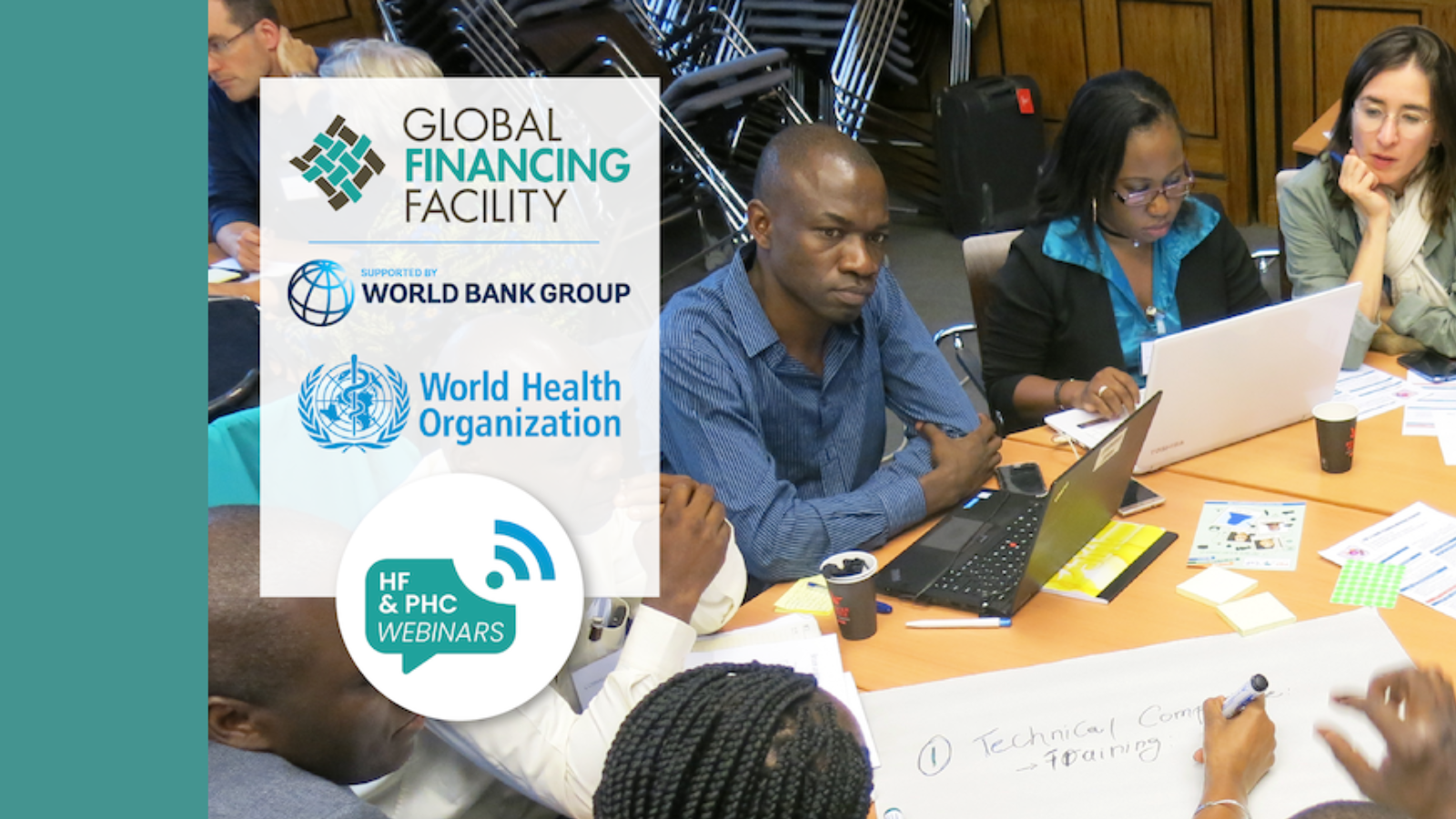
Learn more about the webinar series that shines a spotlight on health financing and primary health care, watch webinar replays, and explore related resources.
Results
Government investment in the health of women, children, and adolescents has been consistent across GFF partner countries, and in some cases, budgets have even increased. Governments have also implemented financing reforms to make health care more affordable. For example:
- In the Central African Republic improvements in frontline spending and donor alignment have led to a 5 percent increase in resource allocation for primary health care.
- Health financing reforms in Cote d’Ivoire helped expand insurance coverage by 89 percent. These reforms targeted the poorest households, which contributed to increasing the number of women seeking pregnancy care.
- Through the GFF’s collaboration with the World Bank, the share of World Bank financing in GFF-supported countries allocated to reproductive, maternal, newborn, child, and adolescent health and nutrition (RMNCAH-N) has increased by more than 15 percent since 2015. Learn more about how the GFF leverages World Bank financing for health.
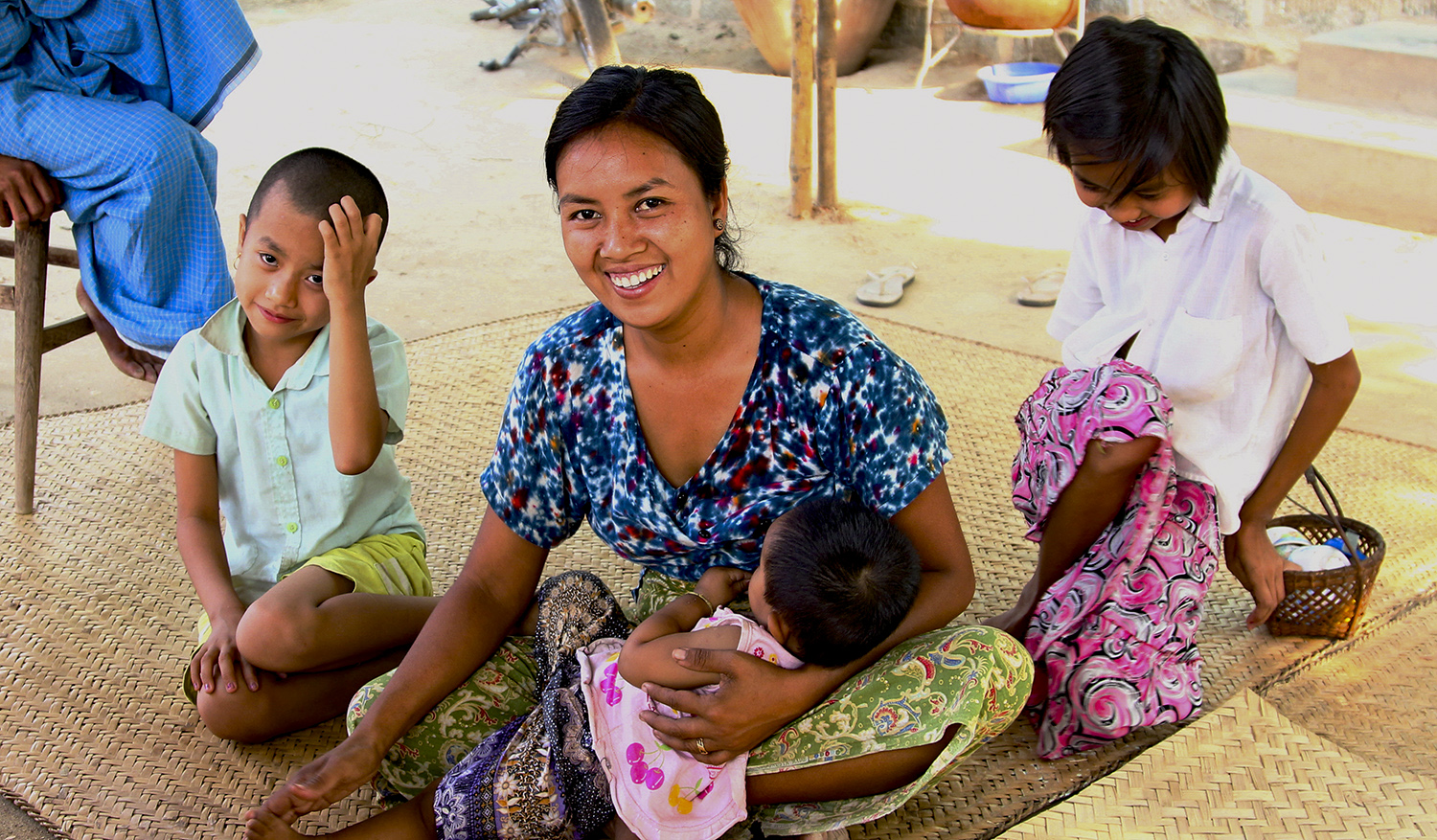
Explore how our partner countries are financing the health of their populations.
